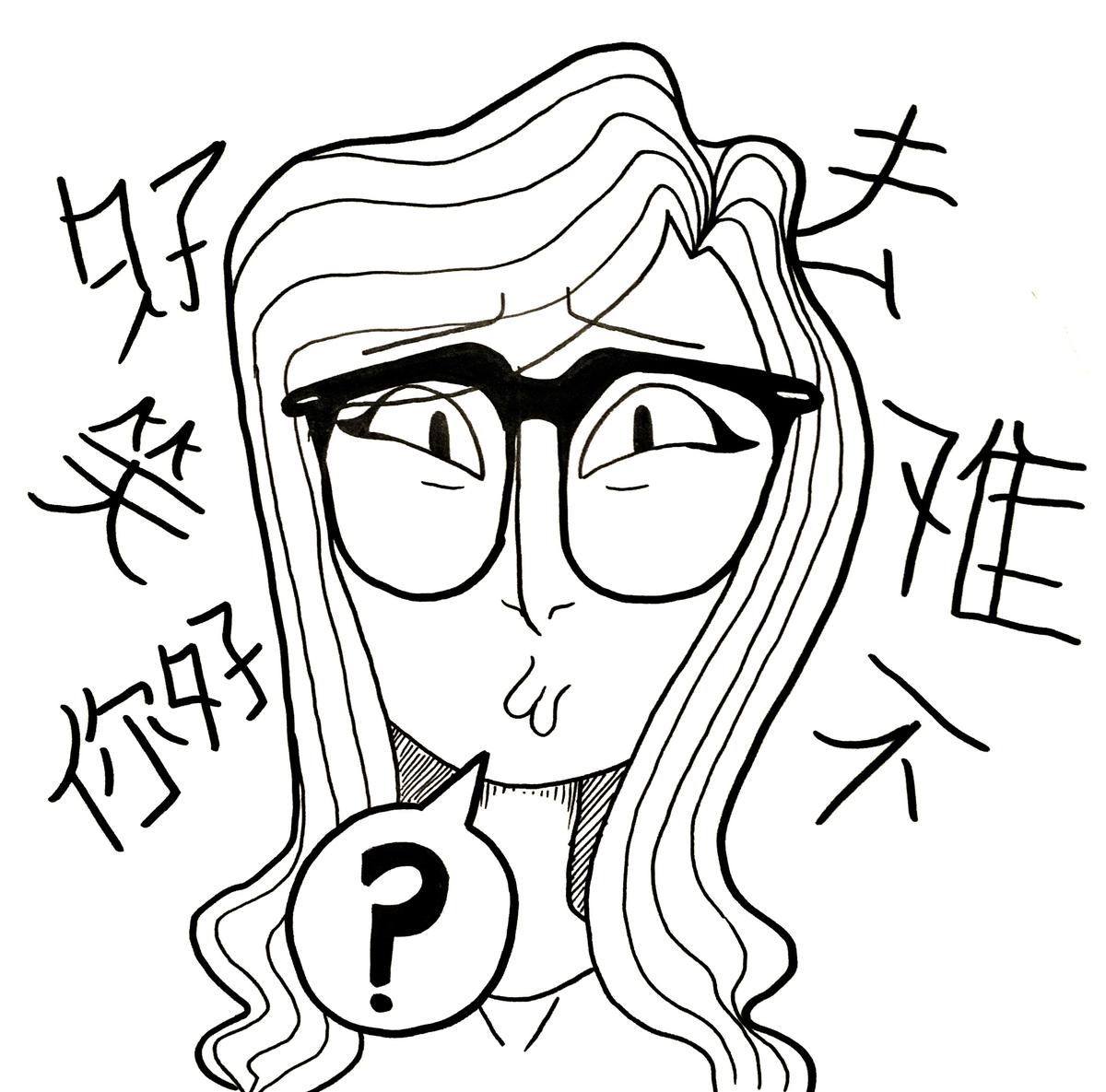Monolingualism is a single-edged sword
Just this weekend, my parents swung by USC and drove me to San Gabriel — you know, where the real Chinese restaurants are, the ones whose cutlery collections are comprised exclusively of chopsticks and where the chatter is conducted in Chinese. Considering how I’m living on a diet of cereal — basically just sweetened air — I pounced on the opportunity to finally fill my stomach with something a little more substantial.
In the midst of shoveling rice down my throat, however, I was startled with a revelation; there was no way I would ever be able to come here without my parents, who always ordered for me without hesitation. I couldn’t read the names of the dishes on the menu. And the English translations were so absurdly half hearted that if I tried to order “Green Tender Bathing in Ginger Sauce,” I’m pretty sure I would keel over in embarrassment as the waiter eyes me with disdain.
Both my parents are fairly fluent in English, so that’s the language we converse in; or, occasionally, I can understand enough to scrape by when they revert back to their native language. But my lack of bilingual competency is merely symptomatic of a larger condition, where my identity is primarily bound up in mainstream Western culture.
I know European and American art history inside out, but I haven’t even begun to scratch the surface of Asian art. I’m well-versed in the Western literary canon, but the only book I’ve ever finished in Chinese is a first-grade translation of The Little Mermaid. My only exposure to Chinese television and radio programming is as a background hum when my dad has it on, barely registering as a blip on my radar.
Last summer, when I traveled to China for the first time in five years to visit my grandparents, no one batted an eye — as long as I kept my mouth shut. My features are quintessentially Asian, invariable, inescapable, amplifying the dissonance for passersby when an effortless stream of English poured out my mouth. Several terms float around to describe someone like me — “banana,” “Twinkie.” Technically, they’re slurs, but considering how common this phenomenon is I don’t think it’s necessarily degrading or disgraceful, nor do I think it’s so black and white that gravitating toward one equates to shunning the other.
Of course, now I regret blowing off all those Chinese lessons in elementary school, but at this point I’ve become so untethered from my “roots” that I’m not sure that I can find my way back. And, in an ironic twist of fate, I’m a linguistics major; for someone who claims to love language, it’s pretty pathetic that I can only profess my passion in one.
Kitty Guo is a sophomore majoring in journalism and computational linguistics. She is also the lifestyle editor of the Daily Trojan. Her column, “Kitty Corner,” runs every other Wednesday.


